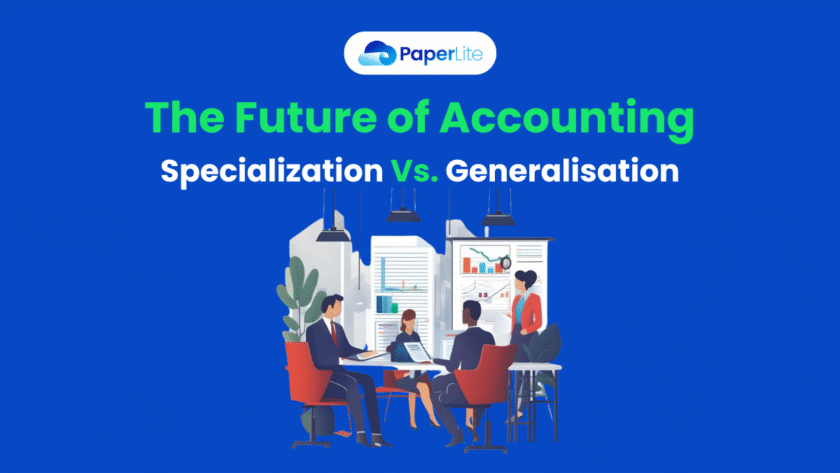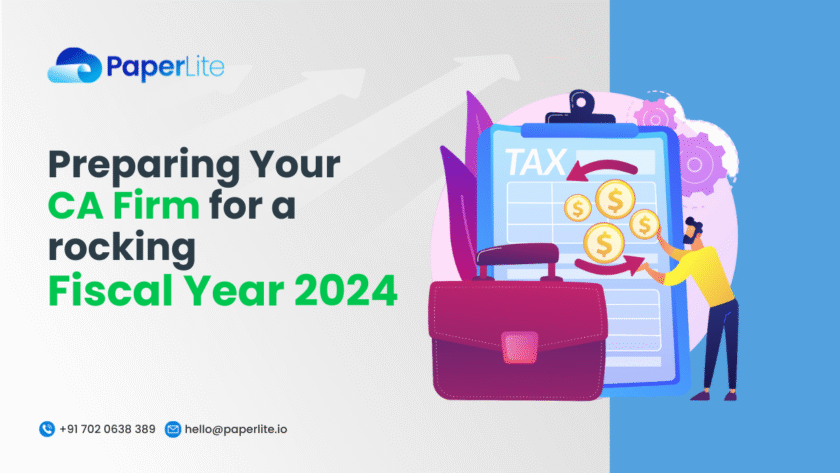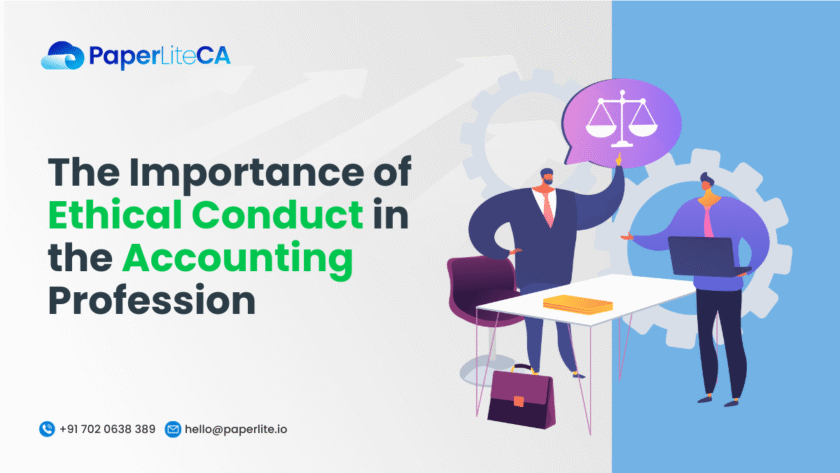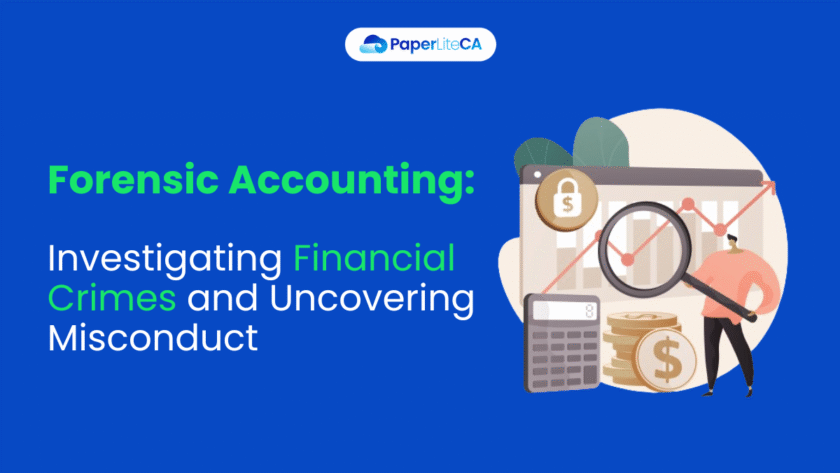The future of the accounting profession is at a crossroads.
Facing a critical juncture, it finds itself amid a transformation driven by technological advancements like automation and data analytics. Apart from these advancements, ever-changing regulations and a growing focus on strategic analysis are also reshaping the traditional role of the Accountant.
Amid this scenario, a…




